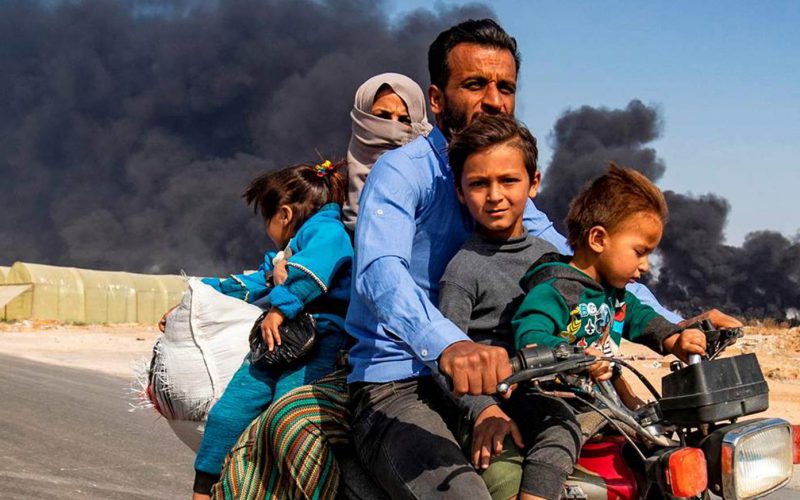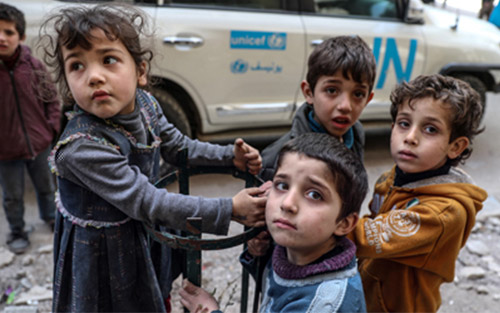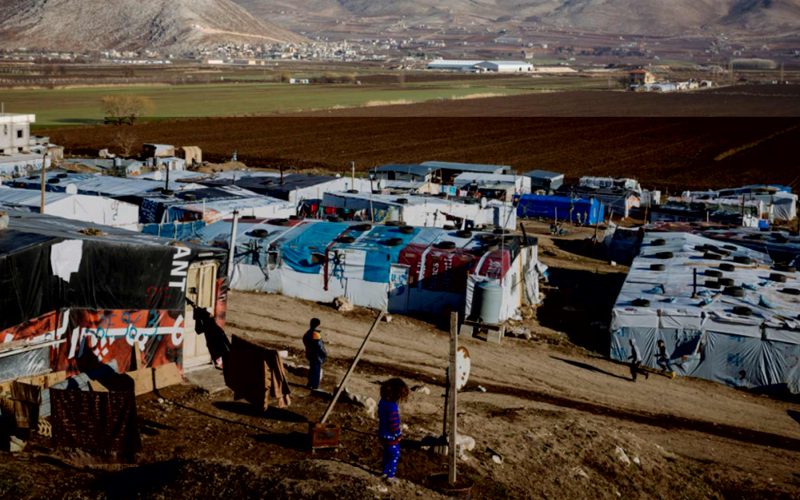A Refugee is defined in Canada under one of the following classes:
Convention Refugees Abroad
- you are outside your home country, or the country where you normally live
- you cannot return to that country because of a well-founded fear of persecution based on: race, religion, political opinion, nationality or membership in a particular social group
Country of Asylum
- you are outside your home country or the country where you normally live
- you have been, and continue to be, seriously and personally affected by civil war or armed conflict, or have suffered massive violations of human rights
- you cannot find an adequate solution to your situation within a reasonable period of time.




